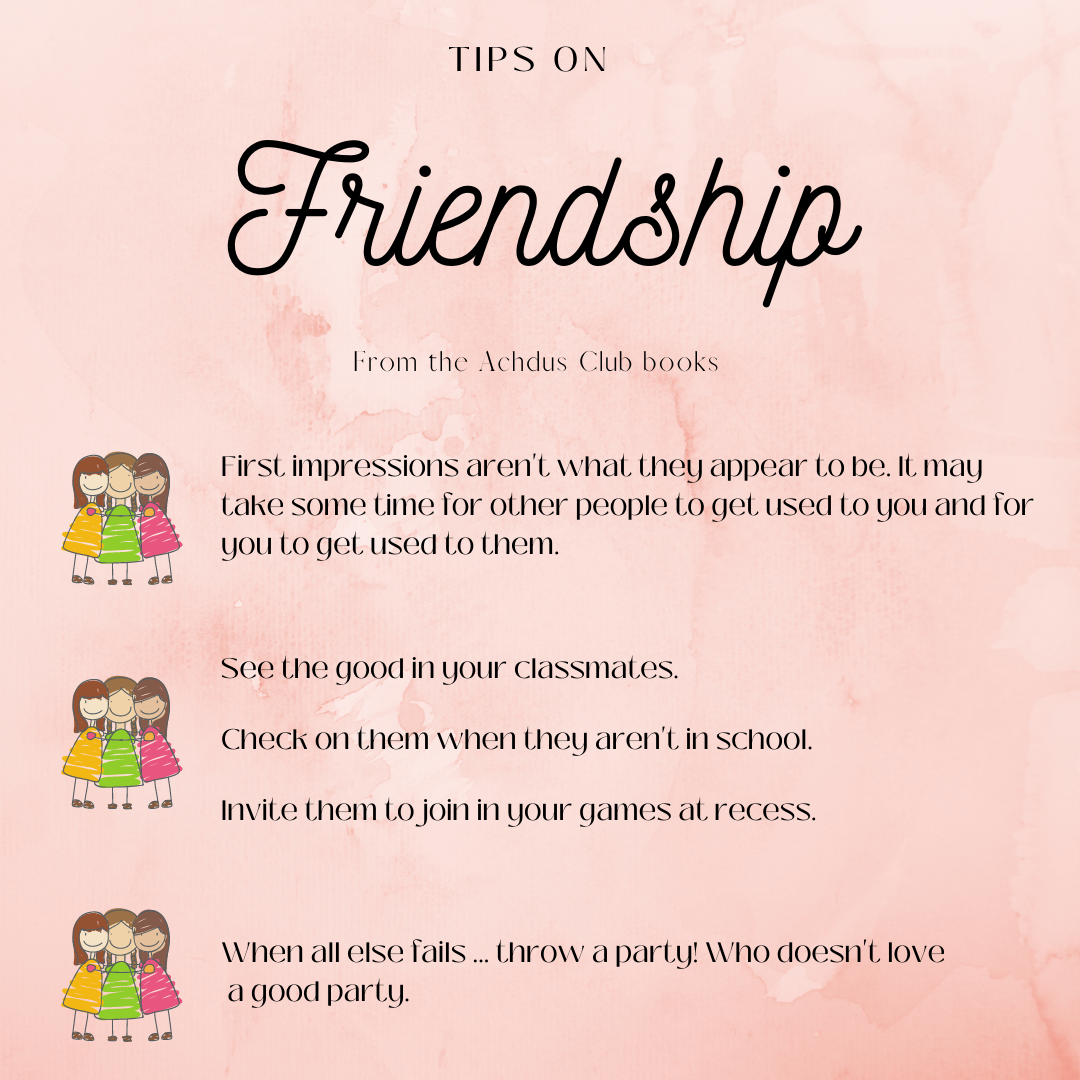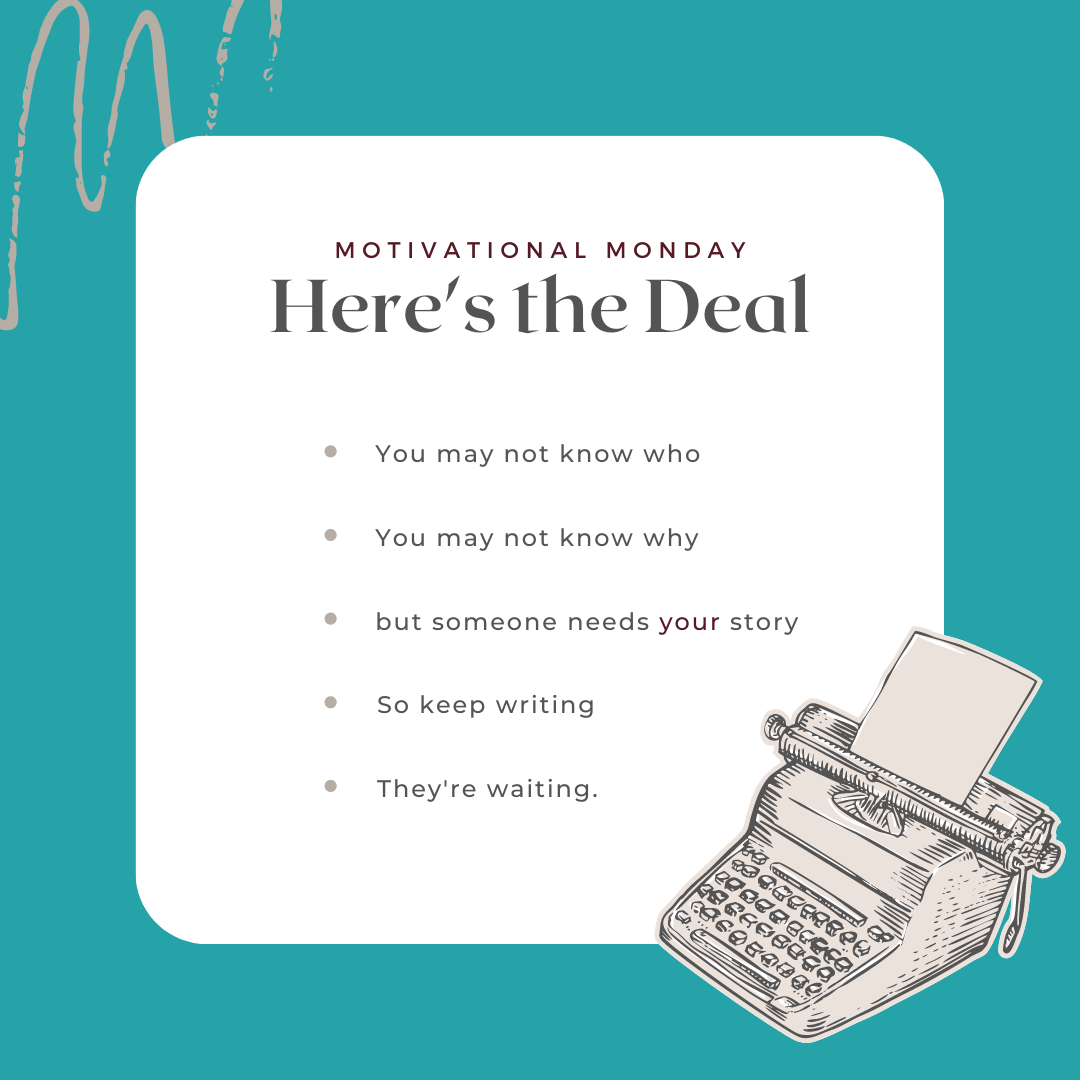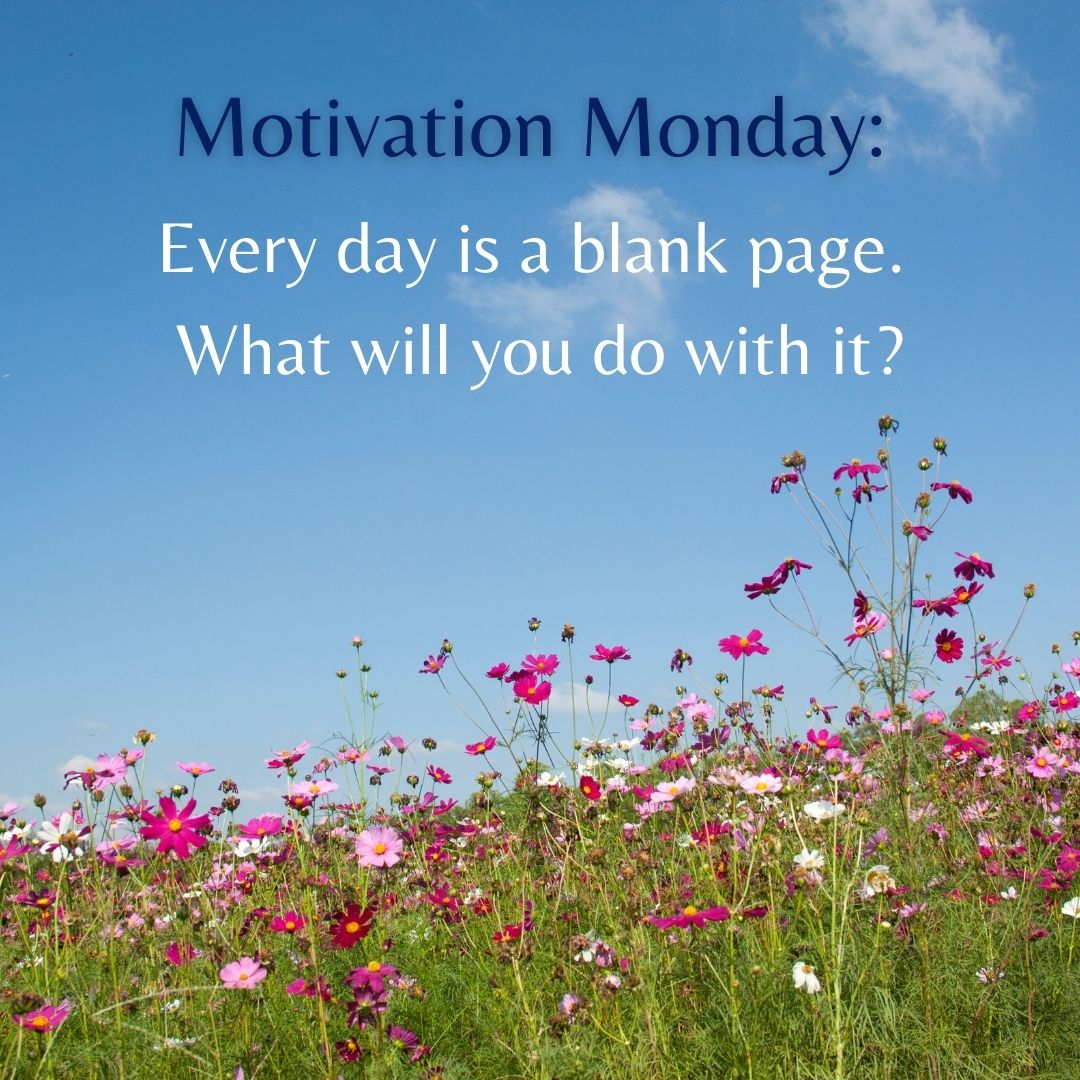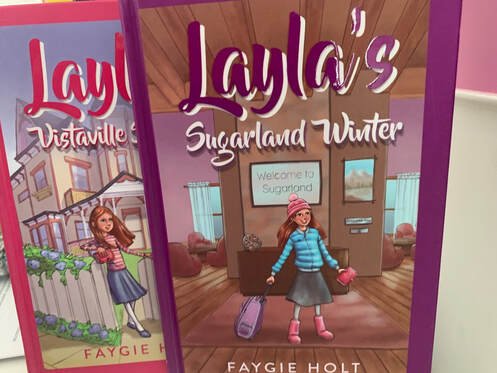 Layla is heading back to Vistaville! I'm happy to report that Layla's Vistaville Spring, aka Layla's Diaries Book #3, will be released later this year by Menucha Publishers. Layla will be reunited with her cousins just in time for Pesach. Get ready to meet Layla's family and learn more about the Alter Zaidy and his connection to Vistaville. BTW, did you know that Layla makes an appearance in one of the Achdus Club books? How do you feel about characters and series crossovers?
0 Comments
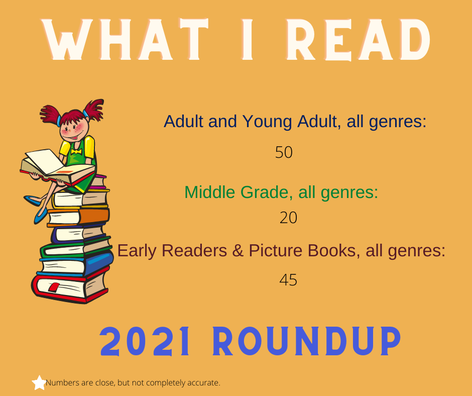 One of the most important things a writer can do to improve their craft is to READ. Read books in the genre you want to write in. Read books in other genres. Read the back of the cereal box and the words on printed on the tissue box. Read news stories (in print and online). Read things that have been written in the last week, the last year, the last five years. Study how other writers put their stories together. Study what words they choose. Study chapter breaks and paragraph breaks; ledes and kickers. Then chart your own writing path: Read, Write, Repeat.
How is your writing going? Are you finding ways to be productive during Chanukah or are you juggling many events and time with family and friends? I have to admit that I haven't been producing much fiction writing these days. I'm enjoying a particularly busy Chanukah. Rather than be disappointed by what I haven't accomplished, I'm trying to focus on the beauty of having all these activities, visitors and events. Writing will still be there next week. Still, I don't want to lose too much momentum, so I am planning for a significant post-Chanukah fiction-writing binge to address my two in-revision novels. That will be my Chanukah gift to myself. If you email box is anything like mine you see a fair amount (OK a large amount) of spam and junk emails. Sometimes, though, buried deep among the weeds is a beautiful note and I've gotten a few of them over the last few weeks. (Thanks everyone for the positive feedback of the new website!)
While I loved each and every one of them, the best emails were the ones from fans of the Achdus Club, at least two of whom, wanted to know when Tova (one of the Green twins) would be off of crutches. Others asked for more books, and if I could send them a list of the books I've written. I am beyond thrilled that these girls not only cared about the characters and love the books, but that they took the time to let me know how much they value and appreciate the books. Letters like those make all the bad writing days and struggles worth it. And for even more on the positive impact of the Achdus Club books, check out this review of the series by Evalyn Broderick of Bookishly Jewish. Haven't tried the series yet? No time like now, check out all my books on the Menucha Publishers website. |


